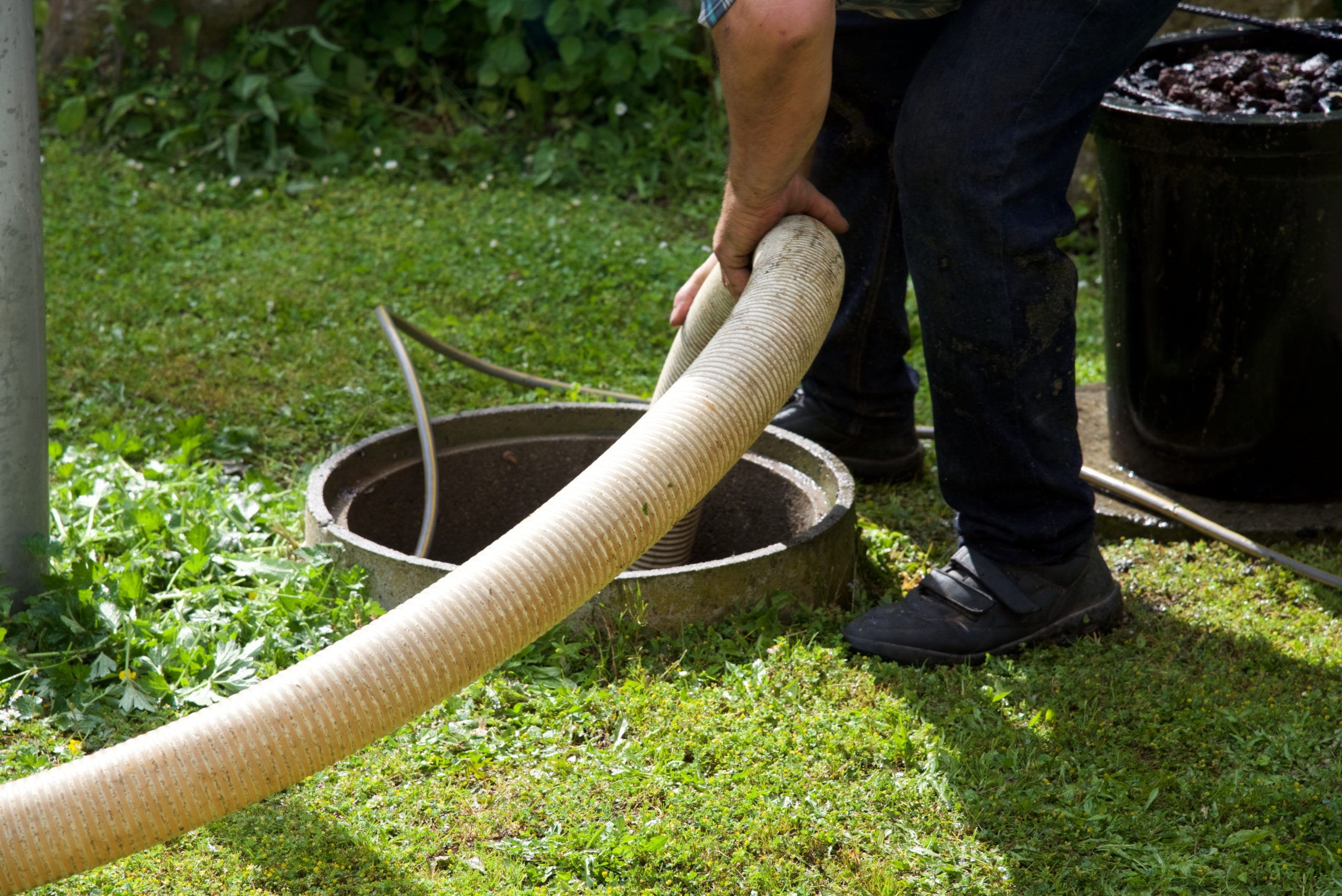As a homeowner, paying attention to the health of your septic system, including the drain field is crucial. Also known as the leach field, it is a vital component responsible for wastewater’s final treatment and dispersal. When a leach field begins to experience issues, it can lead to significant problems and potential environmental hazards. Today, you can explore the warning signs that may indicate a failing system needing a leach field repair in niceville fl, providing clues to identify potential problems and take timely action.
Lingering Odors
The first sign of failing is the presence of unpleasant odors in and around your property. Foul or sewage-like smells may indicate that the wastewater is not properly draining or being treated. If you notice persistent odors, especially near the area where the leach field is located, it’s crucial to investigate the issue further to determine the underlying cause.
Slow Drains and Backups
When your drains exhibit slow drainage or frequent backups, it could indicate a problem with your leach field. As it deteriorates or becomes clogged, the wastewater may struggle to drain away properly, leading to sluggish drainage or even backups in your sinks, toilets, or showers. If you consistently experience slow drains or backups, it’s essential to have a professional assess the state of your leach field.
Water Ponding or Standing Water
Pooling or standing water in the yard is a clear sign of a potential issue. A failing leach field may not properly absorb and disperse the wastewater, causing it to rise to the surface. This can result in the formation of soggy areas or visible pools of water on the ground. If you notice standing water that persists for an extended period, it’s important to investigate further to determine if repairs are needed.
Unusually Vibrant and Overgrown Grass
While a healthy leach field can support healthy vegetation, an overgrown and unusually vibrant patch of grass or plants may indicate a problem. The excess moisture and nutrients from a failing leach field can promote rapid plant growth. Monitor for sections of your yard where the grass appears greener or grows more rapidly than the surrounding area, as it could be a sign of a compromised leach field.
Changes in the Soil’s Condition
A failing leach field can cause changes in the soil’s condition around the drainage area. Look for areas where the soil appears excessively damp, spongy, or muddy. Conversely, unusually dry or hardened areas may also indicate issues with its functionality. Changes in the soil’s condition can be an essential clue in identifying potential problems.
Increased Nitrate Levels in Well Water
If your property relies on well water for drinking or household use, it’s important to regularly test for water quality. A failing leach field can lead to increased nitrate levels in well water, which can pose health risks if consumed. If you notice a sudden increase in nitrate levels during routine testing, it’s essential to investigate the source of contamination. Identifying these warning signs is crucial for taking timely action and avoiding more significant problems down the line.
In conclusion, by being vigilant and attentive to the warning signs discussed, homeowners can detect potential problems and take proactive measures by hiring the service of leach field repair in niceville, fl, to address them. Remember that a failing leach field requires professional attention to diagnose the issue accurately and determine the appropriate course of action for proper remediation. Regular septic system inspections and maintenance can help prevent issues. Additionally, practicing water conservation, avoiding excessive use of household chemicals, and responsibly disposing of waste can contribute to the longevity of your leach field.





